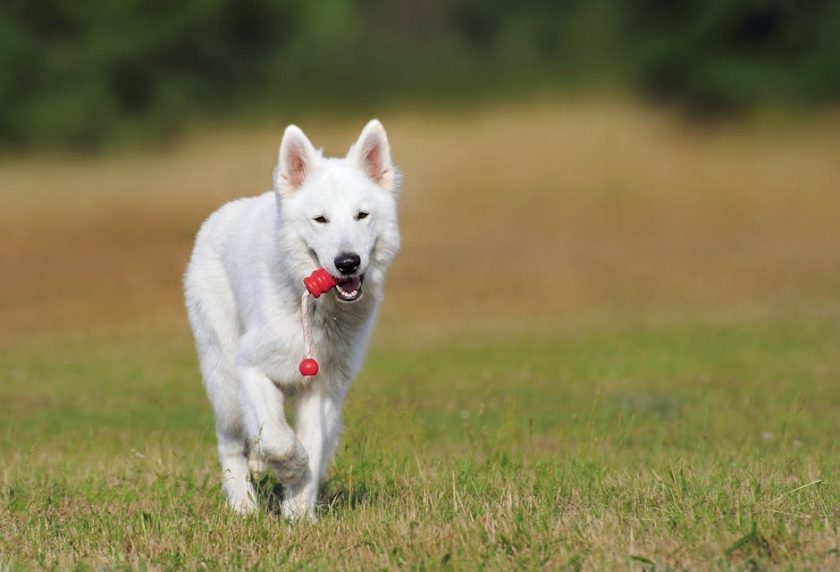Dog training is an essential aspect of pet ownership, fostering a harmonious relationship between you and your furry friend. It involves teaching your dog basic obedience commands, socialization, and desirable behaviors. With patience, consistency, and positive reinforcement, you can train your dog to become a well-behaved and cherished companion.
**Basic Obedience Commands:**
Begin with basic commands such as "sit," "stay," "come," and "heel." Practice these commands in a quiet and distraction-free environment, gradually increasing distractions as your dog progresses. Use treats, praise, and affection to reward desired behaviors, and avoid physical punishment or harsh reprimands.
**Socialization:**
Socialization is crucial for a dog's overall well-being. Introduce your dog to different people, animals, and situations in a controlled and positive way. Allow them to interact with friendly dogs at the park, take them on walks in busy areas, and expose them to various sounds and experiences. This will help them develop confidence and reduce anxiety.
**Desirable Behaviors:**
Apart from basic commands, you can train your dog specific behaviors that enhance their daily life. Teach them to walk politely on a leash, go to the bathroom in designated areas, greet guests appropriately, and refrain from jumping or barking excessively. By establishing clear boundaries and expectations, you can create a harmonious living environment.
**Consistency and Patience:**
Consistency is key in dog training. Establish a clear set of commands and use them regularly. Avoid changing commands or rewarding inconsistent behaviors. Patience is also essential, as training can take time and effort. Stay positive and avoid getting frustrated with your dog's progress.
**Positive Reinforcement:**
Positive reinforcement is the most effective method of dog training. Reward your dog with treats, praise, or affection whenever they display desired behaviors. This will help them associate positive outcomes with the behaviors you want them to repeat. Avoid physical punishment or negative reinforcement, as this can damage your bond and hinder training.
**Professional Help:**
If you encounter challenges in training your dog, do not hesitate to seek professional help from a certified dog trainer or veterinarian. They can provide personalized guidance, address specific behavioral issues, and ensure your dog's training is tailored to their individual needs.
**Benefits of Dog Training:**
Dog training offers numerous benefits for both you and your pet. It strengthens the bond between you, enhances your dog's obedience and safety, reduces behavioral problems, and provides mental and physical stimulation. A well-trained dog is a joy to live with and brings countless moments of love and companionship.

